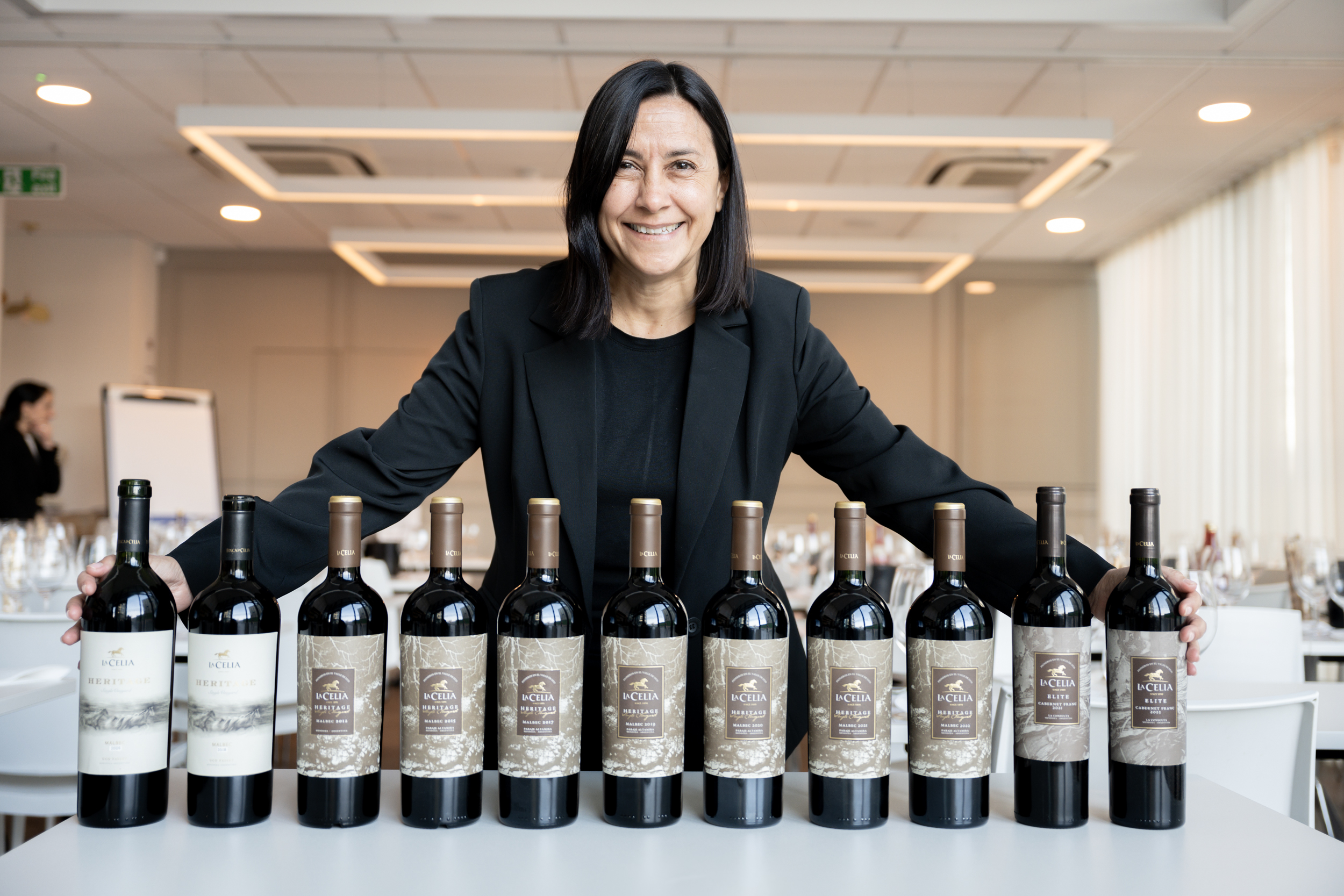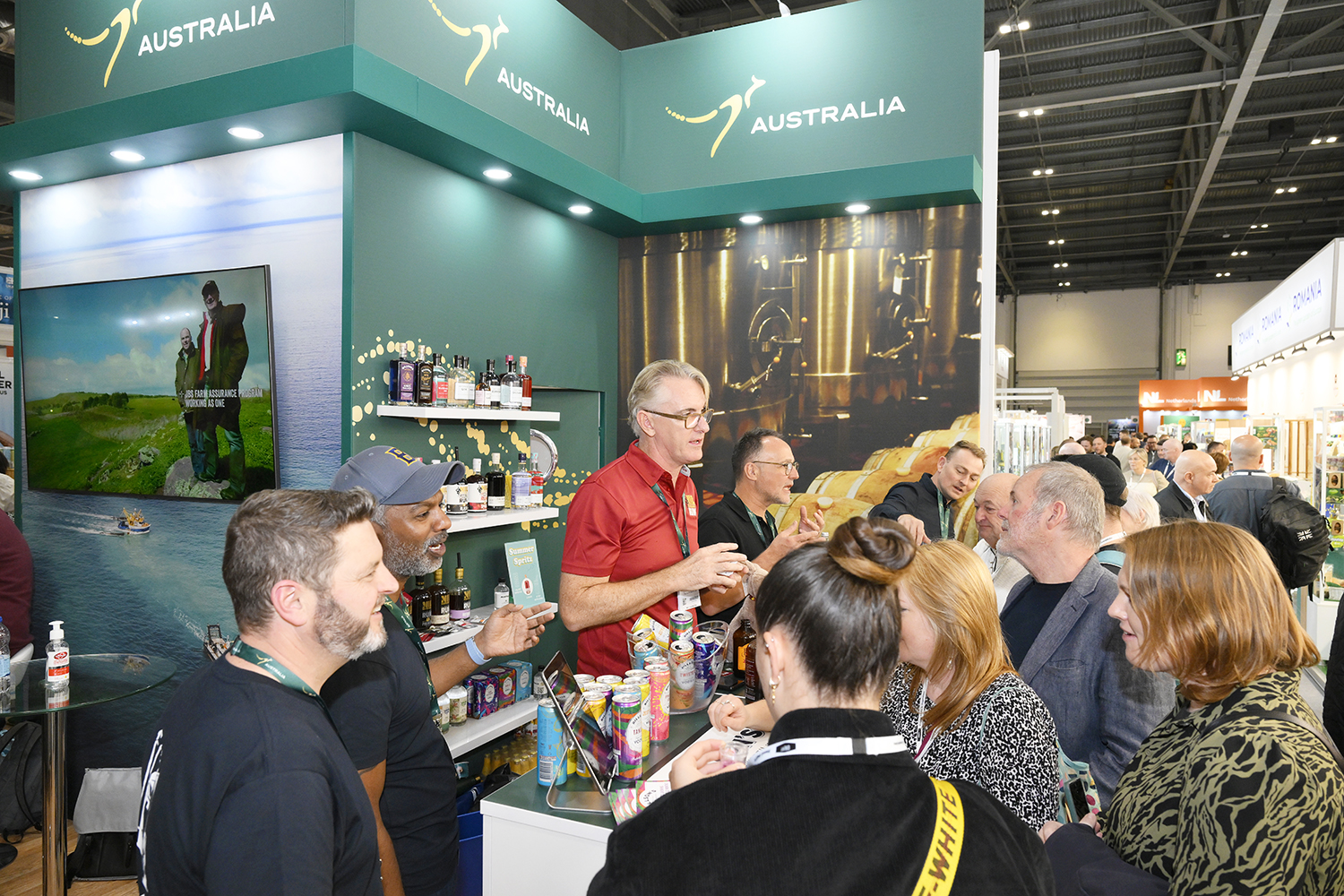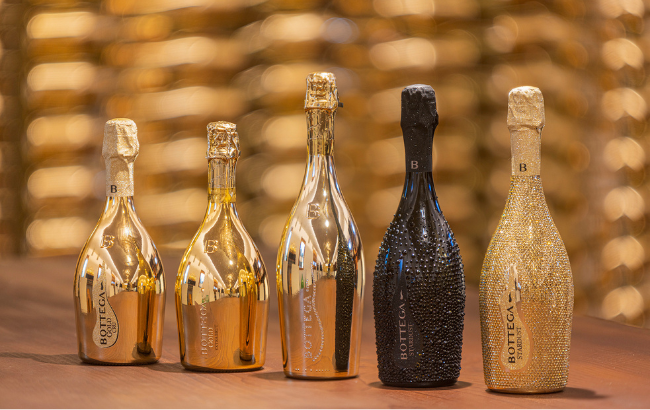Why cork’s fastest growth market should surprise
By Patrick SchmittThe fastest growth market for cork stoppers in the past 12 months should surprise those in the wine trade, says Amorim’s Carlos de Jesus.
During a discussion with the drinks business at the London Wine Fair on Monday, Carlos, who heads up marketing and communications for Amorim – which is the world’s largest producer of cork stoppers – said that the growth rates for cork are coming from areas those in the trade might least expect.
Considering figures for Amorim, he told db that the fastest growth market for the past 18 months has been Australia, which he explained, is surprising because it is a wine-producing nation better known for using predominantly screwcaps to seal its bottles.
While admitting that such growth for cork was “off a smaller base than we would like”, he added that the increase was a positive sign for the cork industry.
“People don’t realise that 15-17% of wines in Australia are closed with cork, and the fact is, those making wine at higher price points never stopped using cork,” he said.
Regarding the reasons for such a growth in the number of Australian wine producers using cork, Carlos isolated one major cause for the development.
“What has changed is that China has become the number one destination for Australian wine and that has resulted in the interesting growth we have been observing, to which we need to add the contribution made by sparkling, which is significant,” he commented.
Continuing, he spoke of the significance for the cork industry of the rise of China as a wine consumer, because it is a country where the majority of drinkers want a wine sealed with a cork, and this stopper is the most sustainable on the market today.
Partner Content
“What makes this interesting is that for the first time ever, China has imposed a sustainable packaging solution upon a western country, and the fact that it happened in wine, with cork, with Australia, adds to the interest,” he added.
Stressing the sustainable nature of cork as a stopper solution for wine, he said that each closure retained as much as 392 grams of Carbon Dioxide.
For this reason, he said that wine producers using cork had the opportunity to incorporate “this substantial reservoir of CO2 retention in their own environmental footprint”, which he added, “Is good news for the winery that is trying to reduce its environmental impact”.
Read more




